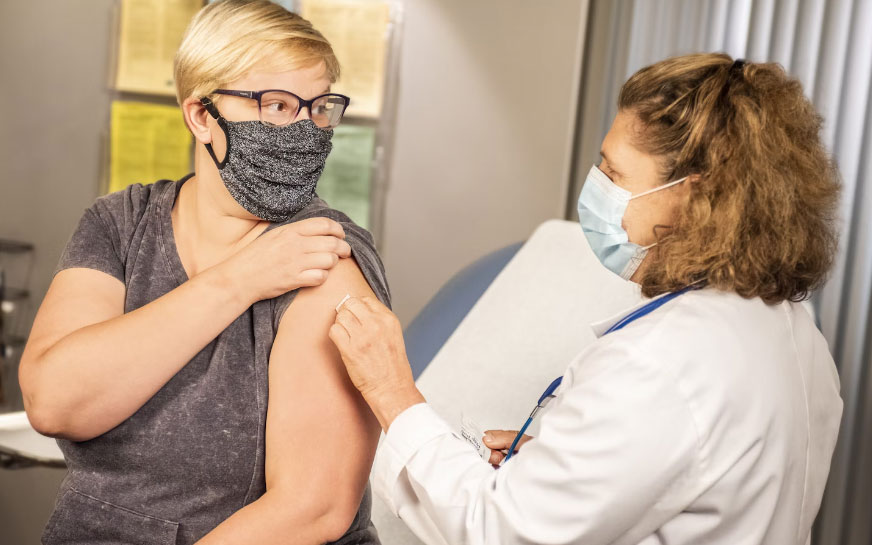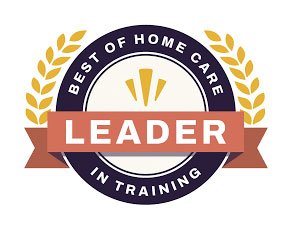
Hospice care is a compassionate and holistic approach that focuses on providing comfort and support to patients with life-limiting illnesses and their families. It aims to manage symptoms and relieve pain rather than cure the disease. The hospice philosophy embraces the belief that every individual deserves to live their final days with dignity, surrounded by loved ones, and in a setting that feels like home.
One of the greatest misconceptions about hospice care is that it is a one-size-fits-all service. In reality, hospice care is tailored to meet the unique needs and preferences of each patient and their family.
4 Levels of Hospice Care You Need to Know
To better understand the different levels of hospice care, let’s explore the options available and how they can contribute to a positive, uplifting experience during a difficult time.
- Routine Home Care. When people think of hospice care, they often envision routine home care, which is designed to support patients who wish to spend their final days in a familiar, comfortable environment. This level of care is provided in the patient’s residence, whether it be their own home, a family member’s home, or a long-term care facility. A team of dedicated professionals, including nurses, aides, social workers, and spiritual counselors, work together to manage the patient’s symptoms, provide emotional and spiritual support, and assist with daily activities. Routine home care allows patients and their families to maintain a sense of normalcy and control during a challenging time, ensuring that the focus remains on comfort, dignity, and quality of life.
- Continuous Home Care. At times, a patient’s symptoms may become more severe or difficult to manage, requiring a higher level of care and support. Continuous home care is designed to address these acute needs, providing short-term, around-the-clock care to stabilize the patient’s condition and maintain comfort. During this period, hospice professionals, including nurses and aides, remain at the patient’s residence for extended hours, offering continuous monitoring and symptom management. This increased support allows the patient to remain at home, surrounded by loved ones, while receiving the care they need. Once the patient’s symptoms are under control, they can transition back to routine home care.
- Inpatient Respite Care. Caring for a loved one receiving hospice care can be emotionally and physically demanding for family caregivers. Inpatient respite care offers a temporary reprieve, allowing caregivers to rest and recharge while their loved one receives care in a hospice facility or hospital. Typically lasting up to five days, inpatient respite care provides patients with 24-hour support from hospice staff in a nurturing, home-like environment. This brief stay ensures that the patient’s needs are fully addressed while giving caregivers the opportunity to focus on their own well-being and self-care.
- General Inpatient Care. In some cases, a patient’s symptoms may become so severe that they cannot be managed effectively in a home setting. General inpatient care addresses these complex situations, providing intensive symptom management and support in a hospice facility, hospital, or skilled nursing facility. The goal of general inpatient care is to alleviate pain and discomfort, stabilize the patient’s condition, and improve their overall quality of life. Once symptoms are under control, patients can transition back to routine home care or another appropriate setting, continuing on their journey toward comfort and peace.
Conclusion
Overall, hospice care is not a one-size-fits-all approach; it is a flexible, personalized, and compassionate service that ensures every individual can experience the comfort, dignity, and support they deserve during their final days. That said, whether it’s in the comfort of home or the specialized care of a hospice facility, patients and their families can find solace in knowing that they are surrounded by a dedicated team of professionals committed to easing their physical, emotional, and spiritual pain. Embracing hospice care is a positive step towards a more peaceful, fulfilling end-of-life journey.
Contact Golden Rule Hospice Today!
Golden Rule Hospice offers a range of home hospice care services, all of which are covered by Medicare. If you are looking for the best hospice care in Atlanta, reach out us today at (470) 395-6567!
We live by the Golden Rule
Treat others the way you would like to be treated.







